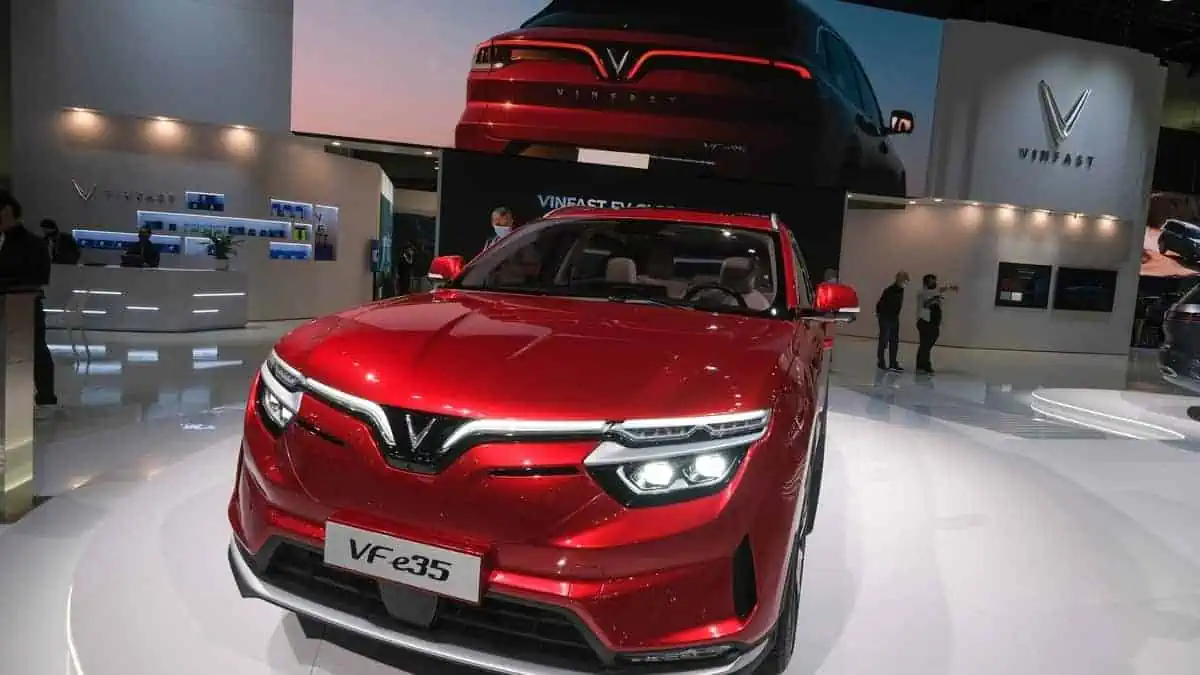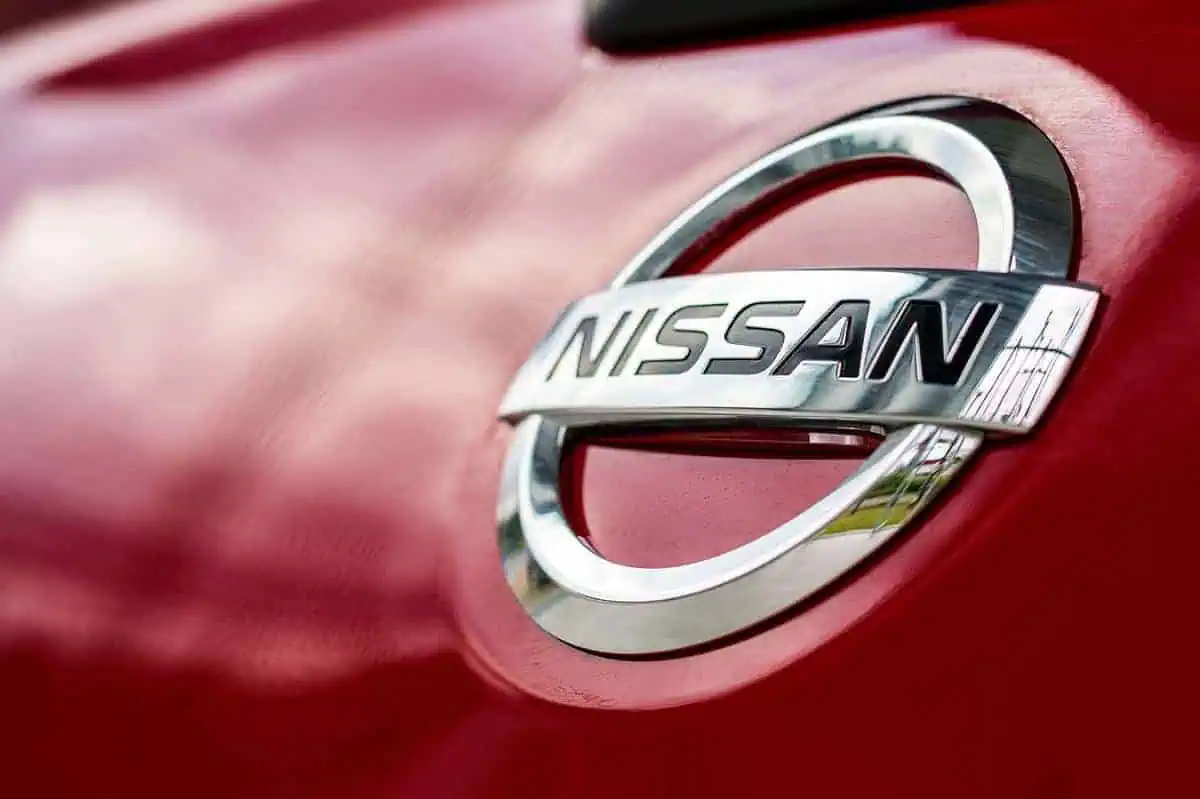Vietnamese electric automaker VinFast is now asking the Indian government for electric vehicle import tax cuts while its new factory in Tamil Nadu undergoes construction, Reuters reports, citing an executive’s remarks on Sunday.
VinFast seeks import tax cut in India
VinFast is reportedly asking the Indian government to reduce its 100% import tax for its electric vehicles to at least 70% to 80%, reflecting Tesla’s long-standing request before committing to investing in a new gigafactory.
“We … proposed a reduction of import duty tax … for instance by bringing it to 70% to 80% just for two years and for a very limited a number of cars in order for the customers to get used to our products.”
Pham Sanh Chau said at the sidelines of the groundbreaking ceremony in Thoothukudi district
However, VinFast and Tesla’s import tax reduction demands have mainly been opposed by local automakers, including Tata Motors. As of now, the government is still weighing the foreign automakers’ requests, according to a government official’s statement last month.
“The central government is still considering it. But while waiting for the final decision of the central government, we move ahead with our construction of the manufacturing facility.”
Pham Sanh Chau
The Vietnamese startup and the Tamil Nadu government announced in January 2024 their mutual agreement to invest up to $2 billion, including the $500 million intended commitment for the initial five years of the project development.
Electric vehicle factory construction officially starts
VinFast officially kicked off the development of its new electric vehicle factory in the southern state of Tamil Nadu on Sunday, with plans to begin production by the second half of mid-2025.
The Tesla rival aims to initially sell the Indian factory-produced electric vehicles in the local market before exporting them to other countries, VinFast India Chief Executive Pham Sanh Chau announced.
The Tamil Nadu factory is expected to hit an annual production output of up to 150,000 electric vehicles, VinFast announced. According to Chau, VinFasr has started connecting with some 55 local dealers to support its envisioned sales network. It also considers selling two-wheeler electric vehicles in the country, the third-largest vehicle market in the world.
“As a startup company, we move fast.”
Pham Sanh Chau
Why Tamil Nadu?
Tamil Nadu remains the leading state in India’s electric vehicle industry. It currently controls more than 70% of the two-wheeler EV segment and 40% of the four-wheeler EV segment in the country.
According to the state government’s data, Tamil Nadu has already secured about Rs 10 trillion in investment in the last three years alone. It reportedly generated more than 3.1 million job opportunities for the locals.
“The establishment of VinFast’s facility is not merely the inception of another manufacturing unit but a pivotal moment in the creation of a comprehensive industrial cluster in South Tamil Nadu. The upcoming factory is poised to catalyse the formation of a robust vendor ecosystem, surrounding the VinFast factory with a network of suppliers and ancillary industries.”
Tamil Nadu government
VinFast’s new Tamil Nadu factory will aid India in achieving its target of increasing its electric vehicle share from just approximately 2% in 2023 to 30% by 2030. Considering this ambitious goal, it is indeed crucial for the government to introduce a new electric vehicle program to attract foreign players.






